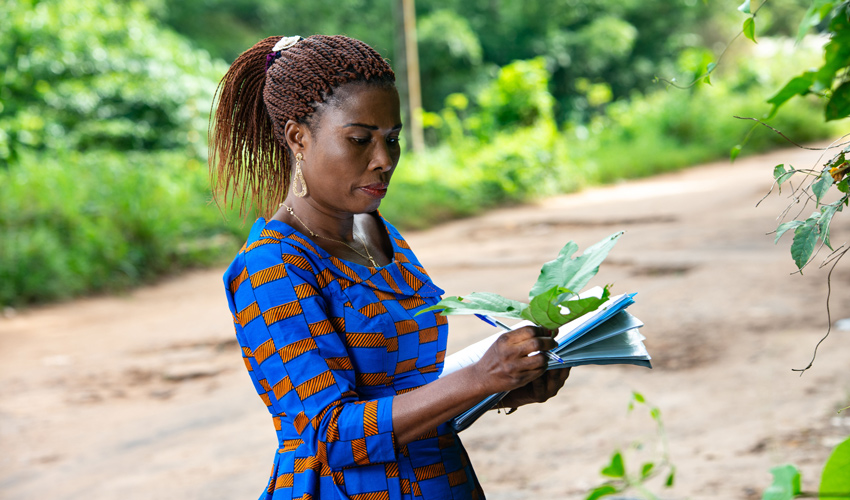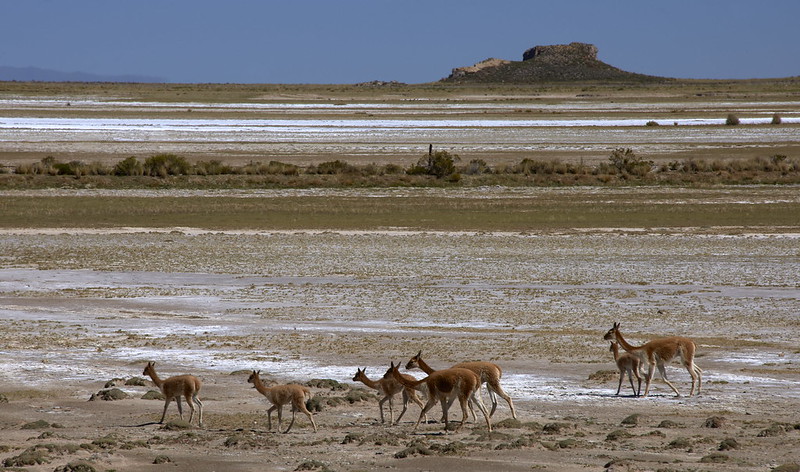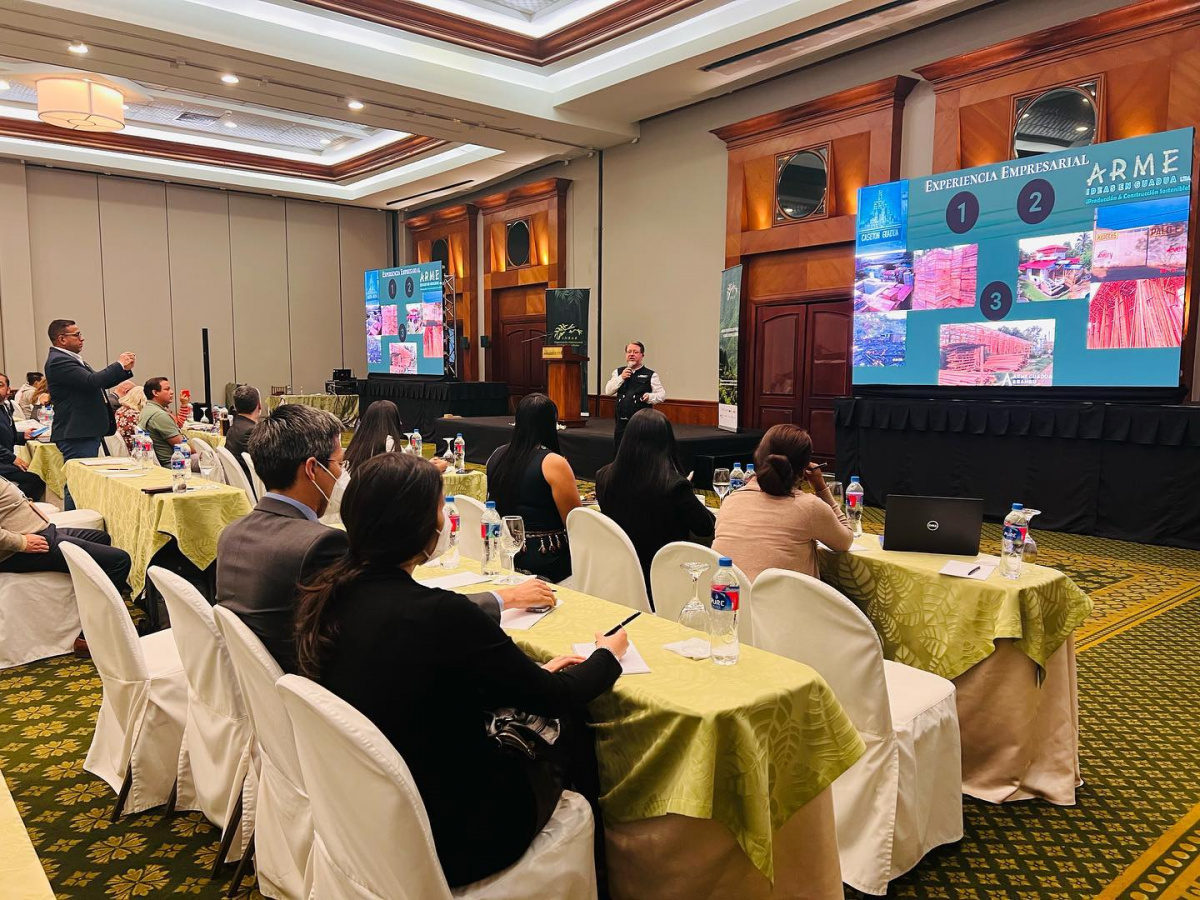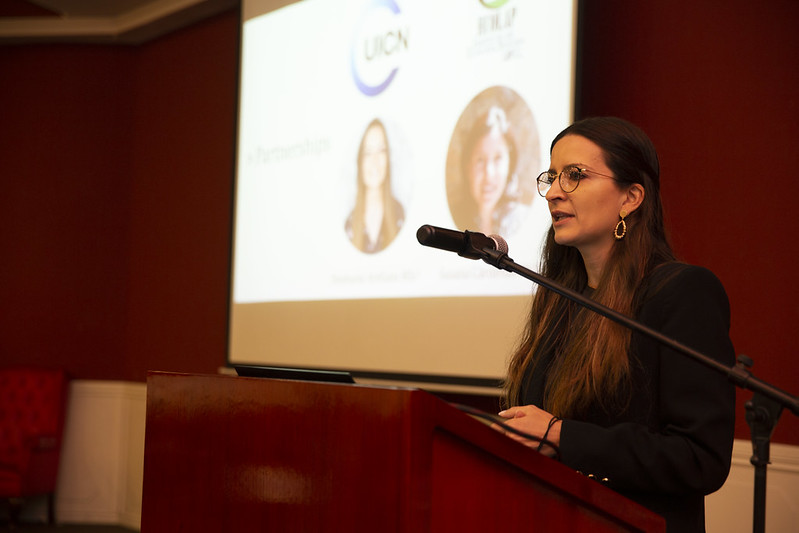IUCN Acting Director General’s Statement on International Women’s Day 2020
Nature conservation and women’s rights are inextricably linked. As we face an escalating biodiversity crisis, we need women as equal, active players in conservation more than ever. What is more, environmental degradation is actually exacerbating violence against women, as highlighted by a recent IUCN report. The global community cannot afford to treat nature conservation and the fight for women’s equality as separate issues – they must be addressed together. Only then can we hope to achieve a just world that values and conserves nature.

Photo: (c) Vystek Images Shutterstock
Throughout the world, women are disproportionately affected by environmental degradation. Recent IUCN research supported by USAID demonstrates that the overexploitation of nature is contributing to gender-based violence – a problem that affects one in three women globally during their lifetime.
The new study, Gender-based violence and environment linkages, shows that competition over increasingly scarce resources and environmental crises such as climate change worsen both gender inequality and abuses of power. For example, IUCN found that as climate change and weather-related disasters make natural resources scarcer, rates of violence increase.
In addition to compromising the safety and wellbeing of women and girls, gender-based violence is used to discourage women from asserting their rights and raising their voices to support a safe and healthy environment. As women grow more active in the defense of the environment, incidents of violence against environmental defenders similarly increase, affecting the ability of women and girls to lead and participate in these movements.
We must also reflect on the report’s finding that, to date, links between gender equality, violence and nature conservation have been largely ignored.
Taking urgent action to end gender-based violence and overcome inequality is critically important for both conservation and sustainable development. The lost potential is immense when women’s experiences are missing or undervalued. Numerous studies demonstrate that women bring unique knowledge to natural resource management and that excluding them compromises conservation results. The evidence is clear: More gender-balanced leadership and women’s equal participation in conservation means more benefits for nature.
As IUCN marks International Women’s Day this year, we are in the midst of preparing for the IUCN World Conservation Congress in Marseille, France. The IUCN Congress will bring together civil society, indigenous peoples' groups, business and academia to debate and take action on the most pressing conservation challenges, while working towards a more equitable sustainable future. At Congress, IUCN will be launching training on gender-responsive conservation, as well as hosting participatory sessions on topics including gender-based violence in the environmental sector.
The global community cannot afford to ignore the links between the environmental crisis and gender-based violence. To end violence against women and girls and to achieve a sustainable future we need to confront these issues together, and we need to act now.



